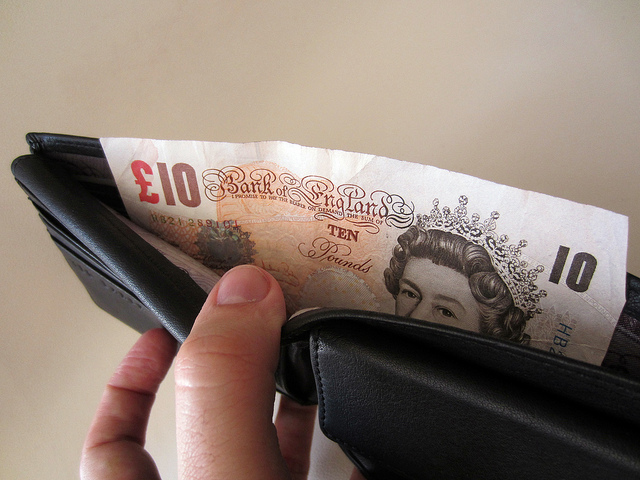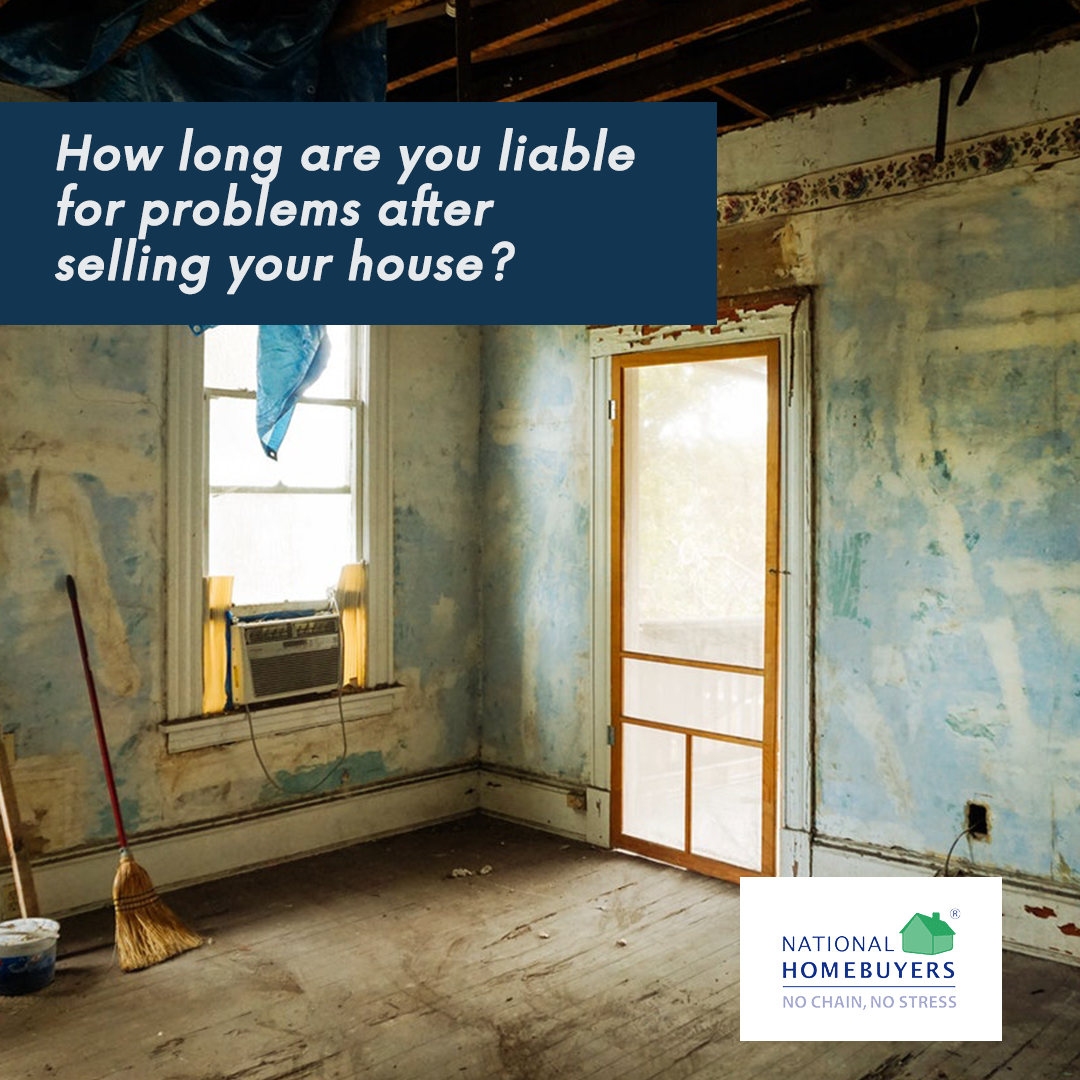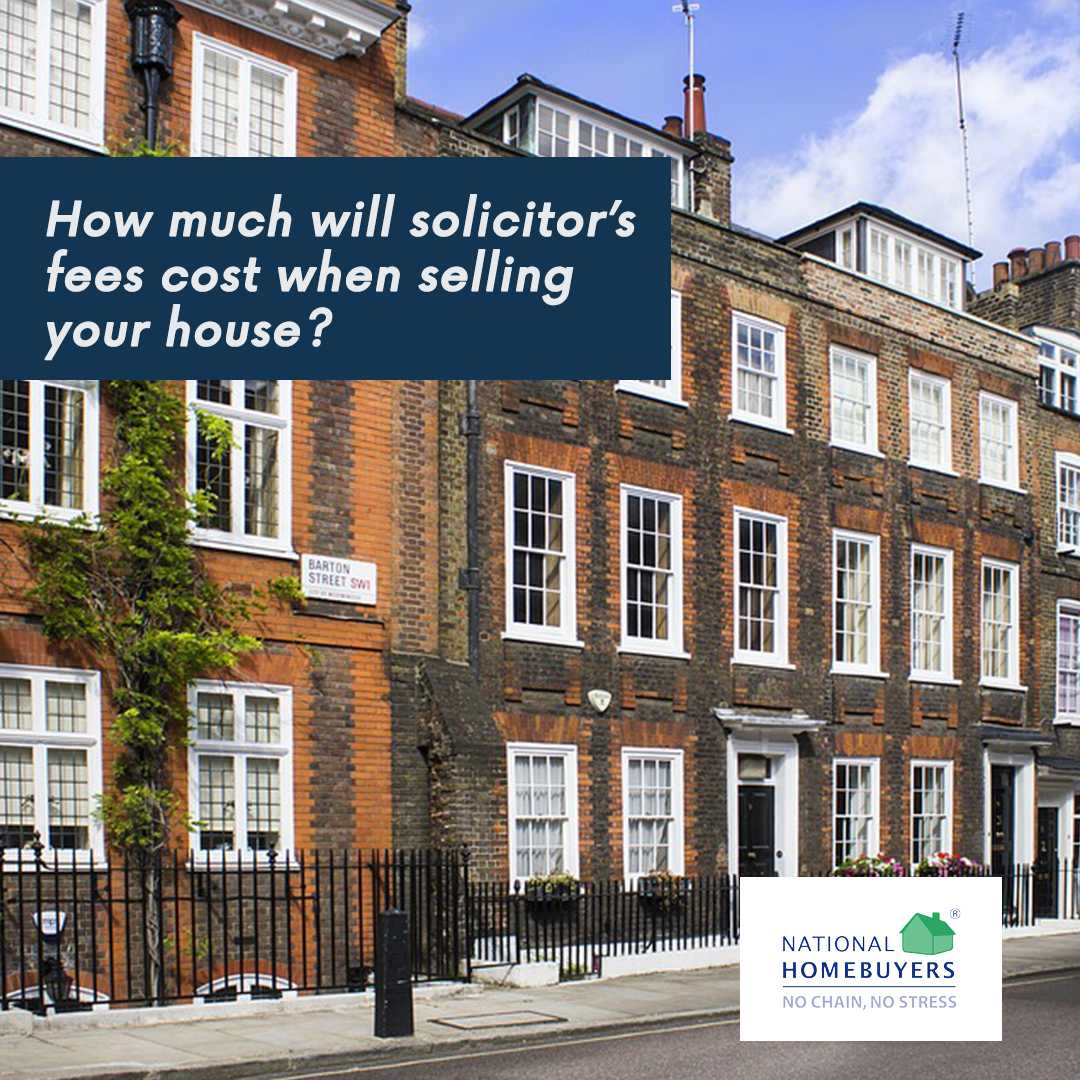Who pays the commission when you sell a house?
When property changes hands, it’s not always straightforward how the associated fees are calculated – and to whom they are paid. The situation is made even worse when you realise that different methods of selling a home demand different types of fees, so it can often feel like a figurative minefield.
No matter which process you choose when you decide to move house, the individuals who take care of the marketing, conveyancing and orchestration of the sale will require payment. Some of these fees will be paid by the buyer, while others are handled by the vendors.
In this blog, we will examine the most common methods used to sell, and find out who pays the commission when you actually sell a house.
Estate agents
An estate agent’s job is to make your home appear as saleable as possible. They are also responsible for ensuring that your home is viewed by the target market. Once a sale has been completed, payment for their services is due – but who pays the estate agent?
In nearly all cases, it is the responsibility of the buyer to pay for conveyancing, solicitor fees, Land Registry searches and valuation fees. The commission earnt by the estate agent, however, is paid by the seller. But exactly how much is an estate agent’s commission?
Although there are occasional variations from agent to agent, the standard fee would account for between 0.75% and 3.00% of the final sale price (plus VAT). Due to the difference in value between houses, a percentage-based fee ensures cheaper houses enjoy cheaper commission fees, and vice versa.
Auction houses
For auction houses, the situation tends to be a little more complex – so who pays the commission when you sell a house through an auctioneer?
Firms who run property auctions find their line of work to be a lot more lucrative than an estate agents’, as both the buyer and the seller have a commission fee to pay.
For buyers, the standard commission rate lies around 10% of the final selling price. For vendors, however, this fee can range from as little as 8%, all the way up to 30% – and it’s important to remember that VAT will also be added to these premiums.
Online portals
With fierce levels of competition, many online companies such as Purplebricks or eMoov have often vied for business through the use of flat-rate commissions, no matter the size or location of the house in question. While this may be great news for those with more expensive homes, those vendors on the lower end of the scale may find the marketing a little less attractive. For these reasons, it’s often a great idea to find out how much your home is worth before choosing the best method for selling.
House-buying companies
For many vendors, the need to sell fast is essential. This can be due to a change in home life circumstances, or simply due to a job in a new location. Luckily, most house-buying companies adapt the motto ‘we guarantee to buy any home’, and as a result, will be happy to offer competitive offers for your house regardless of location or circumstance – often with zero fees.
Prefer to avoid costly estate agency fees? Why not ask National Homebuyers for advice, as we buy any house. Call 08000 443 911 or request a call back to find out how much you could get for your property.






